Hi there, pet lovers! 🦜
Macaws are among the most recognizable and breathtaking parrots in the world. With their vibrant colors, remarkable intelligence, and strong personalities, they often become the centerpiece of any home they live in. But while their beauty is undeniable, macaws are not pets for everyone. They require a serious commitment in terms of care, attention, and time. In this review, we’ll explore everything about macaws—from their temperament and daily needs to their long lifespans and costs—so you can make an informed decision about whether these magnificent birds are the right fit for your family.
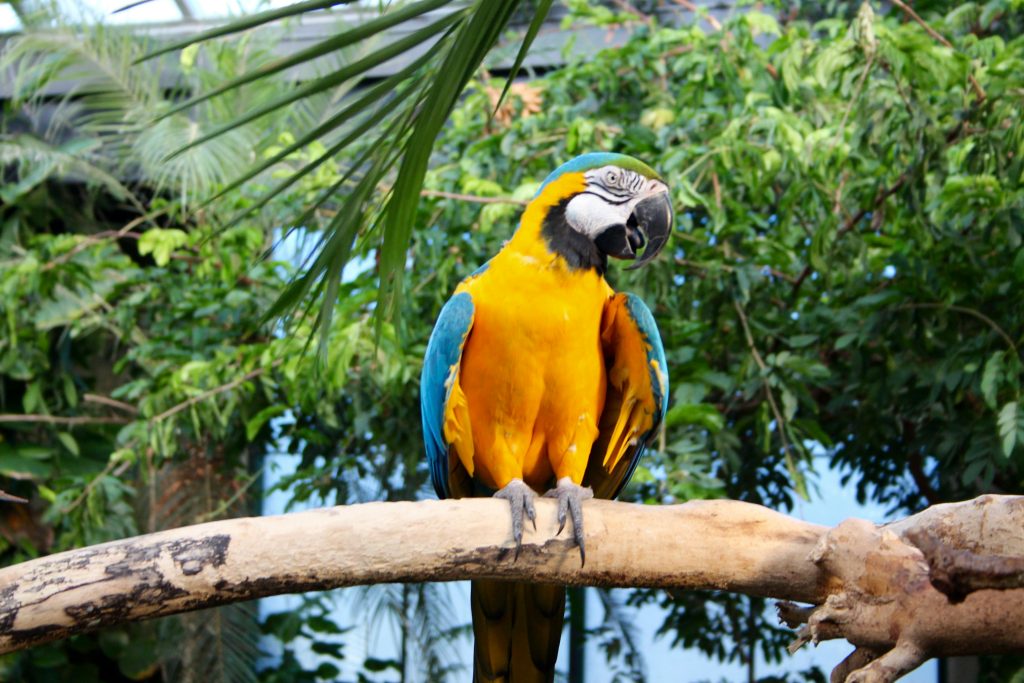
Overview
Macaws are large, long-lived parrots native to Central and South America. Known for their powerful beaks, striking plumage, and loud voices, they are highly social and bond closely with their human companions. However, they are demanding pets that need extensive attention and enrichment to thrive. Here’s a quick summary of what makes them stand out:
- Handling and Temperament: Highly intelligent, affectionate, but can be strong-willed and nippy.
- Care and Maintenance: Require spacious cages, daily exercise, and mental stimulation.
- Health and Durability: Hardy but prone to stress-related and diet-related health issues.
- Availability: Available through specialized breeders and rescues.
- Cost: Very expensive to purchase and maintain long-term.
- Overall: Rewarding companions for experienced bird owners with time, space, and patience.
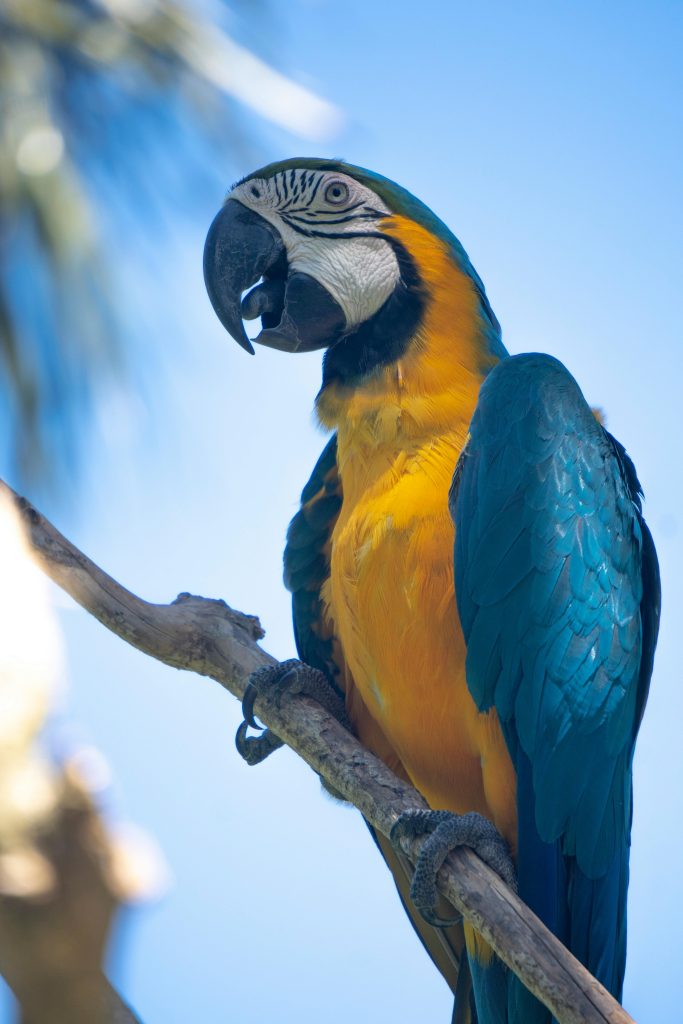
Why Choose a Macaw?
Macaws are ideal for those seeking a lifelong feathered companion with personality, intelligence, and charisma. They are interactive, learn tricks, mimic human speech, and thrive on social interaction. Unlike smaller birds, macaws are not pets to be kept in the background; they become true family members.
That being said, their size, volume, and demanding care requirements mean they are best suited for dedicated, experienced owners rather than casual bird keepers.
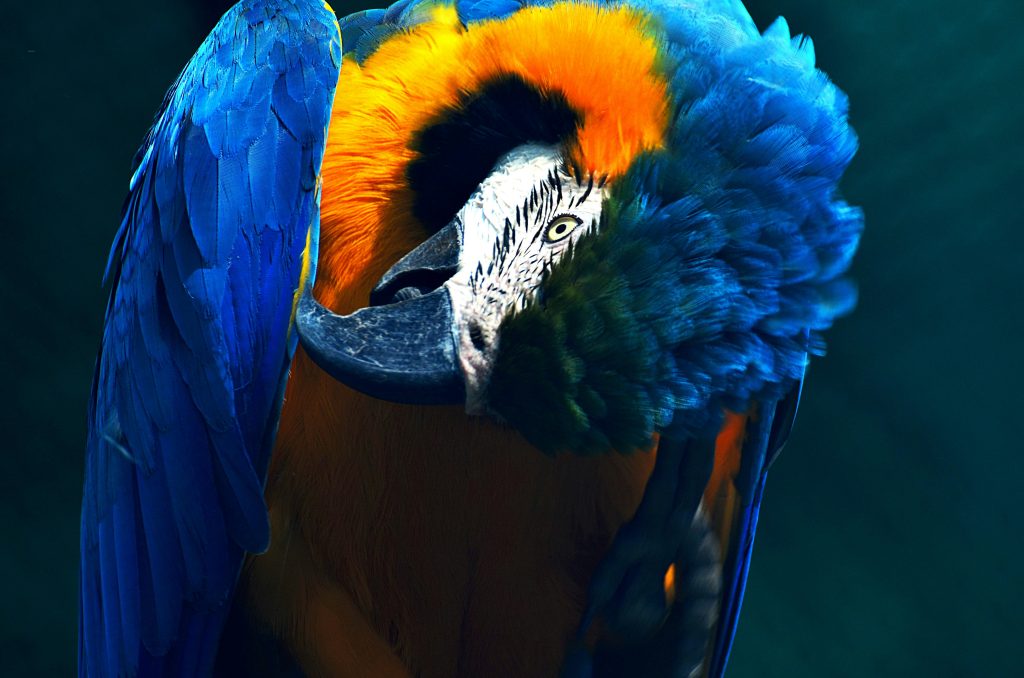
Handling and Temperament
Macaws are intelligent, emotional, and social creatures. Their behavior reflects both their wild instincts and their bond with humans.
Personality Traits
- Affectionate: Many macaws love physical affection such as head scratches and cuddling with trusted owners.
- Playful: They enjoy toys, puzzles, and games that challenge their minds.
- Strong-willed: Macaws have independent streaks and can become stubborn if not properly trained.
- Vocal: Their calls can be heard up to 5 miles away in the wild. At home, expect screaming, loud calls, and mimicking speech.
Handling Tips
- Always approach with calm confidence—macaws sense hesitation.
- Offer your hand or arm firmly; their strong claws and weight (2–3 pounds for smaller species, up to 4 pounds for larger ones) require a steady perch.
- Avoid rough handling or forcing interaction; trust must be built gradually.
- Be prepared for nips or bites—macaws have powerful beaks capable of cracking nuts, and bites can be painful.
Biting and Vocalization
Macaws rarely bite out of aggression; most bites are warning signals. Training, consistency, and respecting boundaries reduce this behavior. Their natural volume is impossible to eliminate, so potential owners must be comfortable with noise.
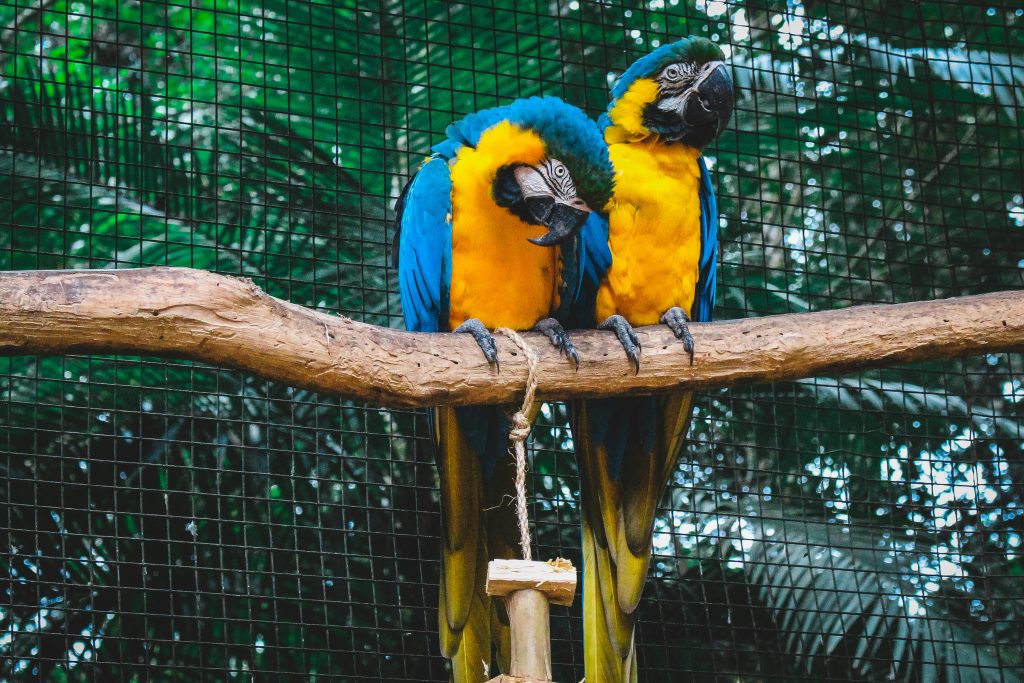
Care and Maintenance
Caring for a macaw is a daily, lifelong responsibility. Their physical and mental needs are extensive, and neglect can lead to behavioral and health problems.
Enclosure Setup
- Cage Size: Minimum 36” x 48” x 60” for smaller macaws; larger species need even more. Bigger is always better.
- Bar Spacing: At least 1 to 1.5 inches to prevent injury.
- Perches: Provide natural wood perches of varying diameters to promote foot health.
- Toys: Macaws are heavy chewers; supply bird-safe wooden toys, ropes, and puzzles. Replace often to prevent boredom.
- Play Area: Out-of-cage play stands are essential. Macaws need at least 3–4 hours of free-flight or supervised play daily.
Diet and Feeding
A macaw’s diet should be rich and varied:
- Pellets: 50–70% of diet (formulated parrot pellets).
- Fresh Foods: Fruits, leafy greens, vegetables, nuts, and seeds in moderation.
- Avoid: Avocado, chocolate, caffeine, alcohol, and salty or fatty human foods, which are toxic.
- Feeding Schedule: Two main meals daily with access to fresh water at all times.
Grooming and Hygiene
- Beak and Nail Care: Toys and perches help maintain beak health, but trimming may be necessary.
- Bathing: Offer misting showers or shallow bowls for bathing several times a week.
- Cleaning: Cages should be cleaned daily to prevent bacterial buildup.

Health and Durability
Macaws are hardy birds when cared for properly, but they are prone to certain conditions if neglected.
Common Health Issues
- Feather Plucking: Often caused by boredom, stress, or poor diet.
- Psittacine Beak and Feather Disease (PBFD): A viral condition affecting the beak, feathers, and immune system.
- Respiratory Issues: Caused by poor ventilation or inhaling smoke/fumes.
- Nutritional Deficiencies: Especially common if fed a seed-only diet.
Lifespan
Macaws are among the longest-lived pet birds:
- Smaller species (e.g., Hahn’s macaw): 30–40 years.
- Larger species (e.g., Blue and Gold, Green-winged, Hyacinth): 50–80 years, with some reaching over 90 years in captivity.
Preventative Care
- Annual checkups with an avian veterinarian.
- Consistent, enriched environment with toys, training, and socialization.
- A diet rich in pellets, vegetables, and healthy fats.
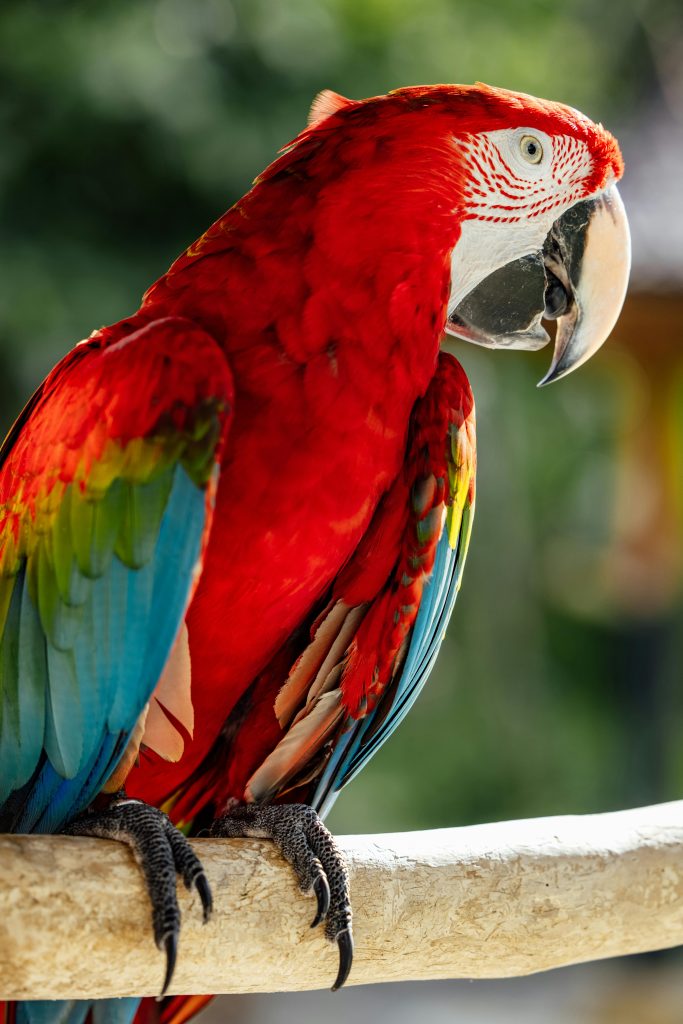
Availability and Cost
Macaws are not commonly found in ordinary pet stores; instead, they are usually purchased from breeders or adopted from bird rescues.
Where to Buy
- Breeders: Provide hand-raised, socialized chicks with health guarantees.
- Rescues: Many macaws are surrendered due to their demanding care. Adoption can be a rewarding option.
- Expos/Avian Shows: Opportunities to meet breeders and see different species in person.
Cost Breakdown
- Macaw Price:
- Smaller macaws (e.g., Hahn’s): $1,200–$2,500.
- Larger species (Blue and Gold, Scarlet, Green-winged): $2,000–$5,000.
- Rarer species (Hyacinth): $10,000–$40,000.
- Setup Cost: $1,000–$3,000 for a suitable cage, toys, and accessories.
- Ongoing Expenses: Food, vet visits, and toys can easily cost $1,000+ per year.
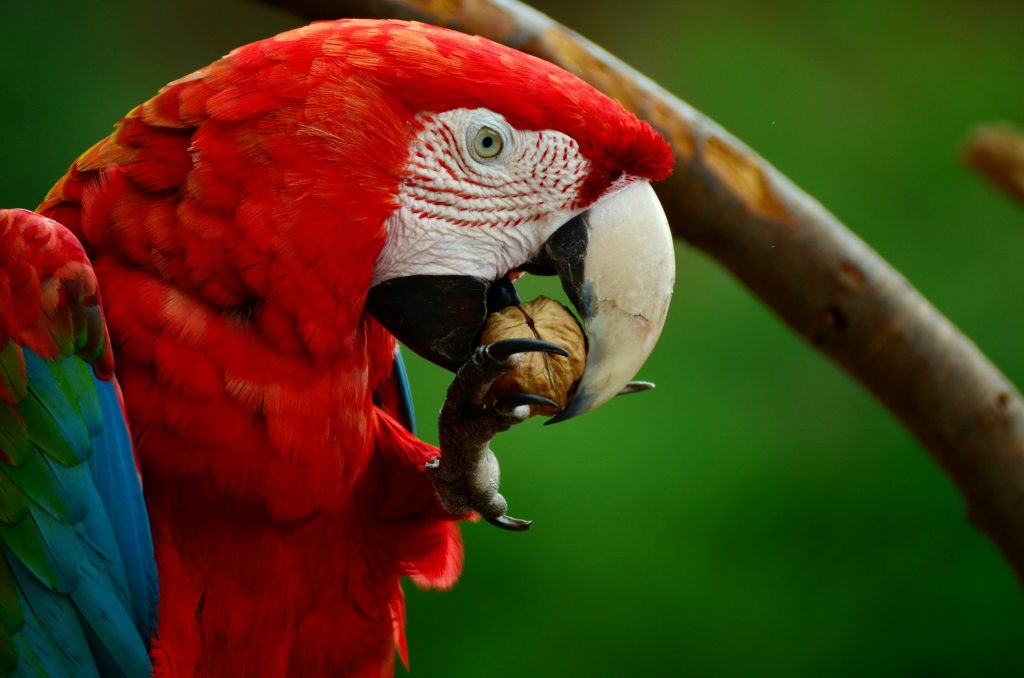
Pros and Cons
Pros
- Extremely intelligent and trainable.
- Highly social and affectionate with their owners.
- Long lifespan makes them lifelong companions.
- Stunning colors and impressive presence.
- Can learn to mimic speech and perform tricks.
Cons
- Very loud—unsuitable for apartments or noise-sensitive households.
- Require several hours of daily attention.
- Extremely expensive to buy and maintain.
- Potentially destructive if not supervised (chewing furniture, wires, wood).
- Lifespan requires decades-long commitment.
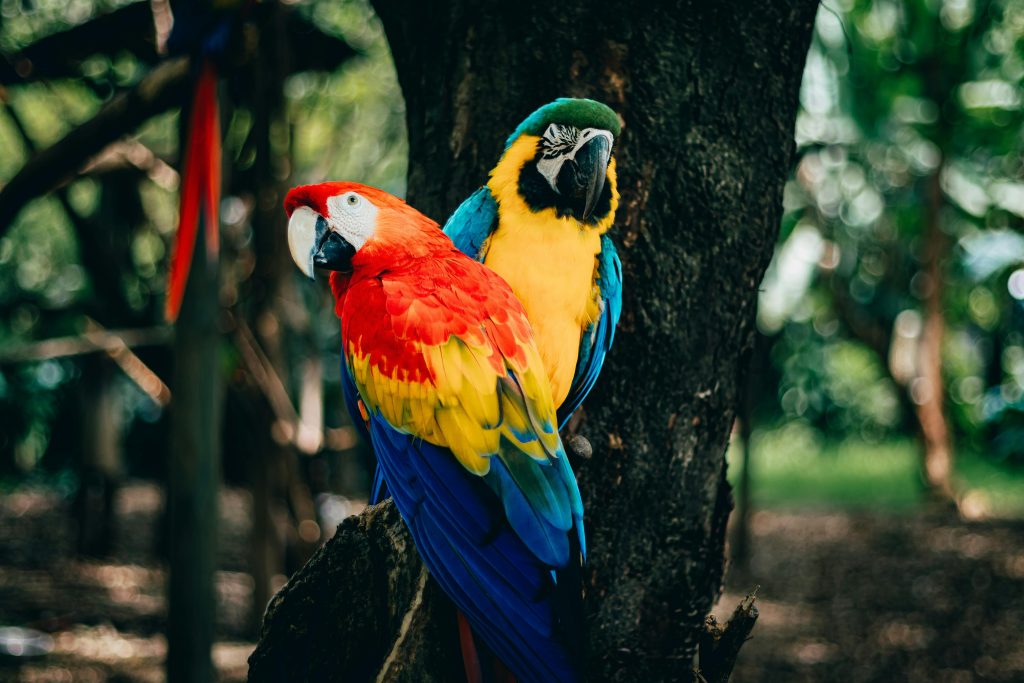
Final Thoughts
Macaws are truly extraordinary companions—intelligent, beautiful, and full of personality. However, they are not casual pets. Their size, noise, and demanding care requirements mean they are best suited for experienced bird owners with the time, space, and resources to meet their needs.
For those prepared for the commitment, macaws offer unmatched companionship and joy. They become deeply bonded members of the family, often outliving their owners and requiring long-term planning for their care.
If you are considering a macaw, spend time with these birds at rescues, aviaries, or through breeders before committing. Their vibrant energy, affectionate nature, and intelligence make them unforgettable, but only the right home can provide them with the life they deserve.
Have you shared your life with a macaw? Share your experiences in the comments—we’d love to hear about the unique personalities and quirks of these incredible parrots.
For more bird care guides and detailed pet reviews, stay connected with our blog! 🦜

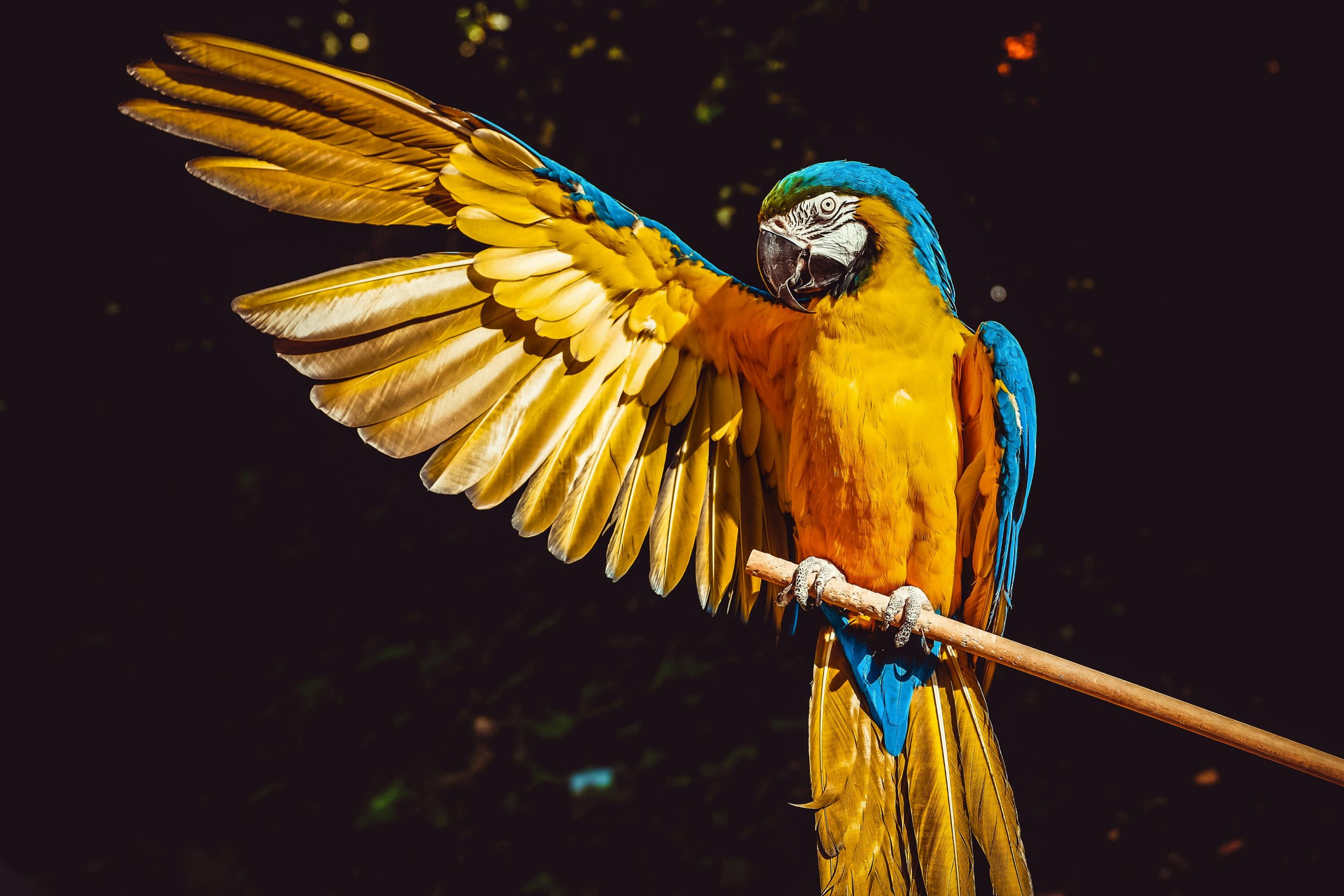

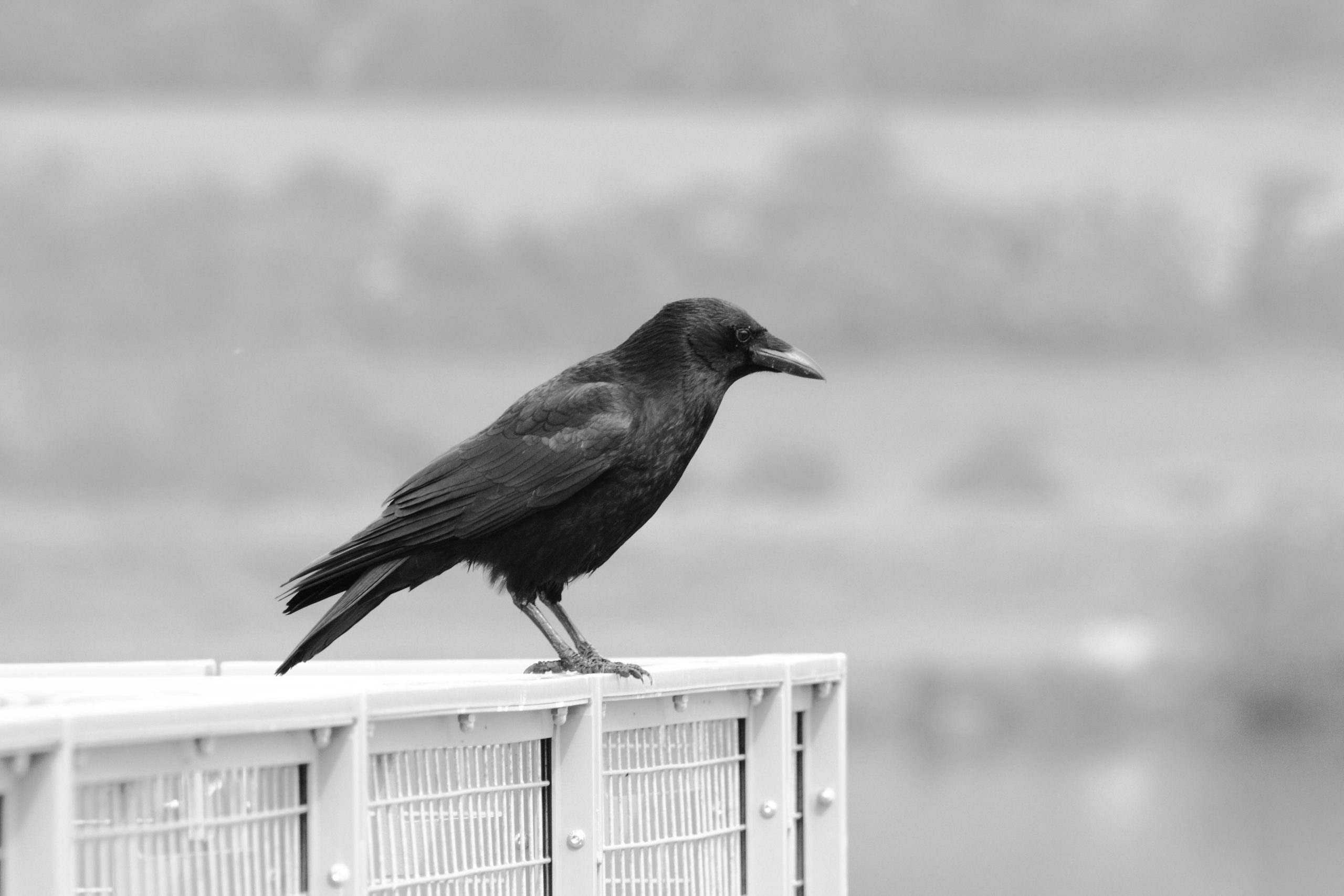
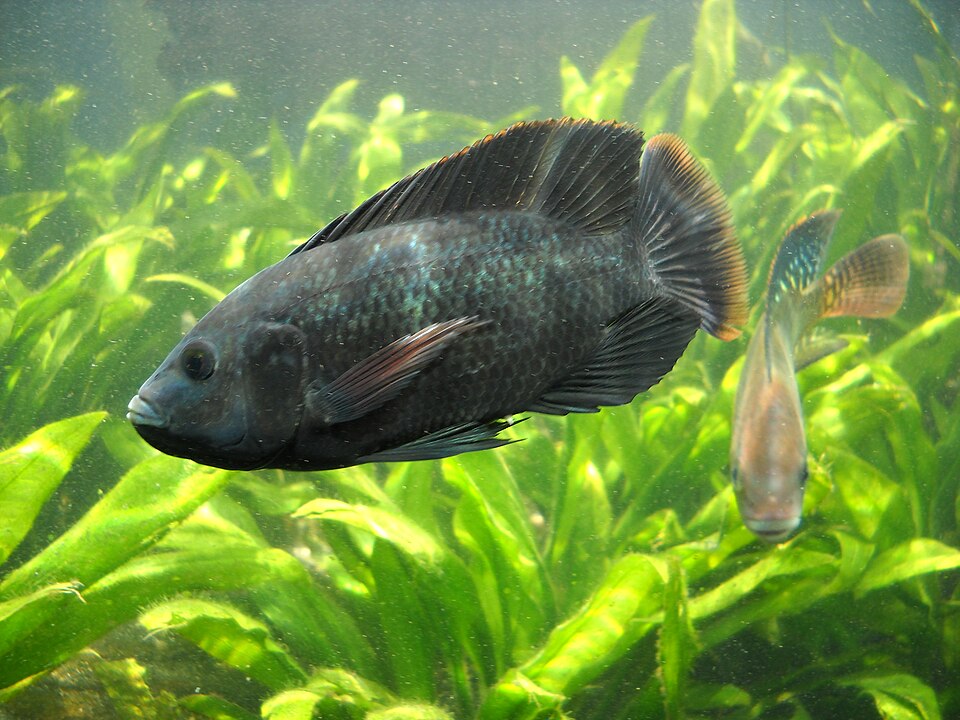
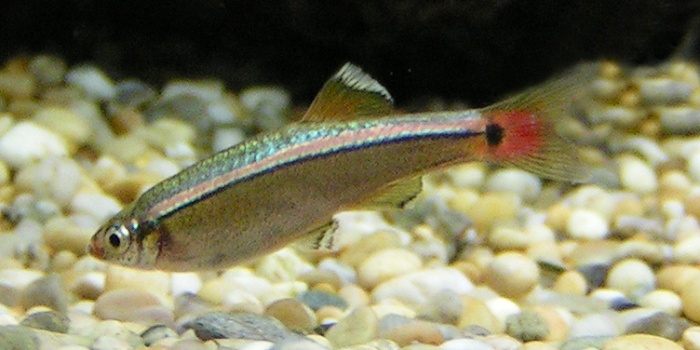
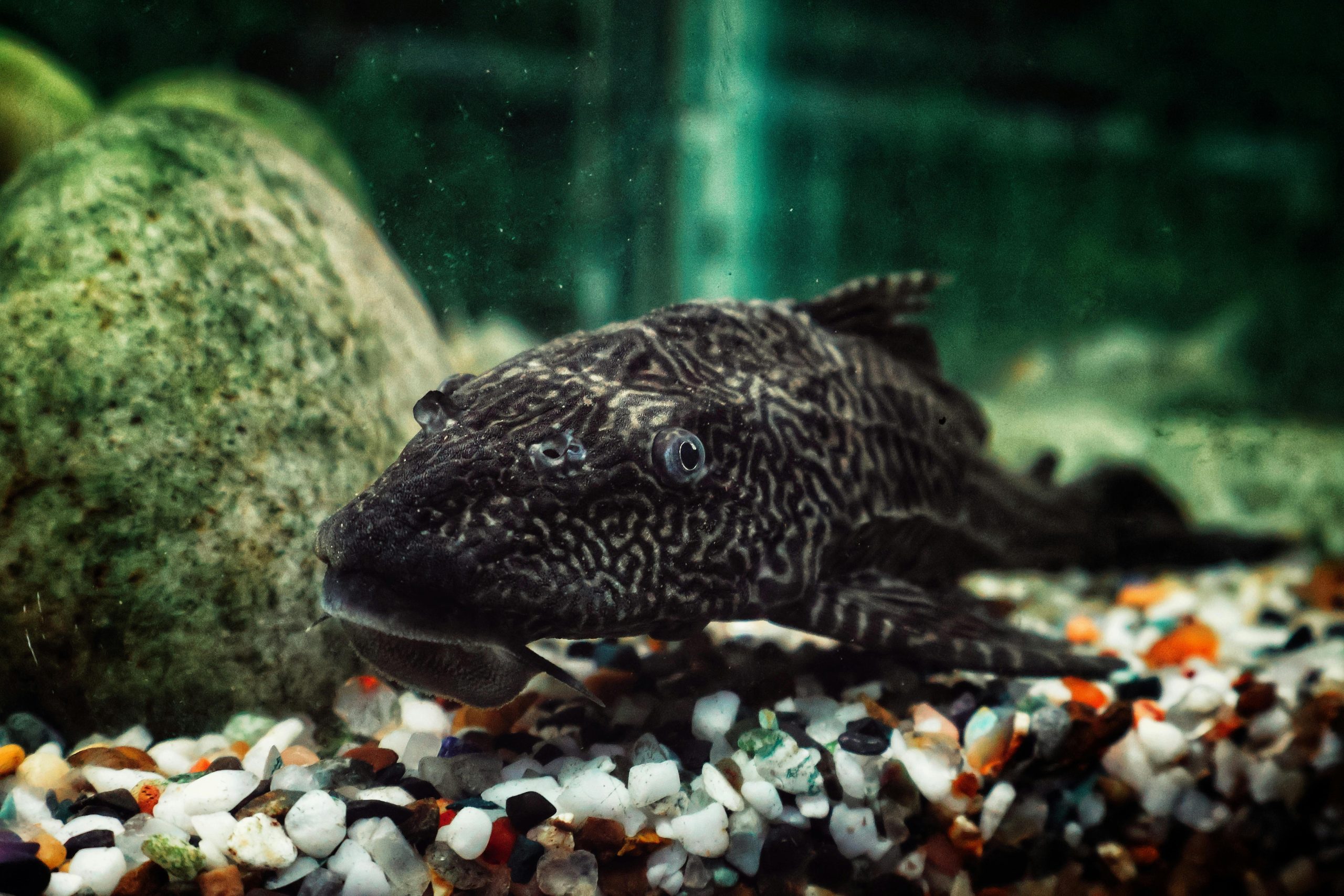
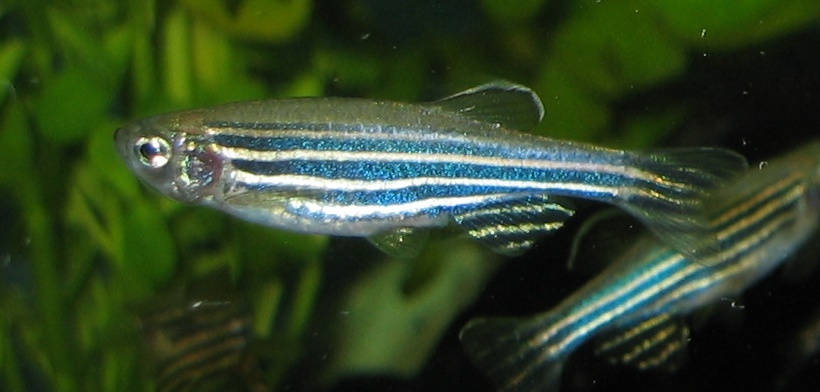
Leave a Reply